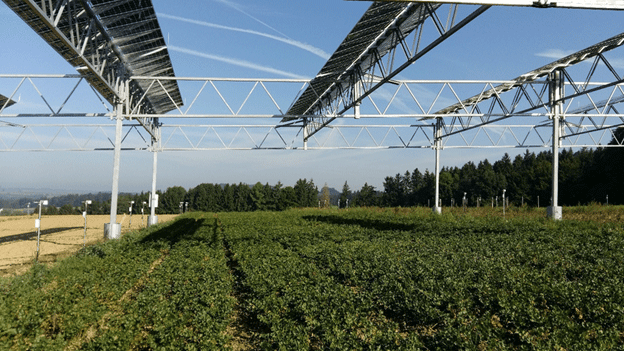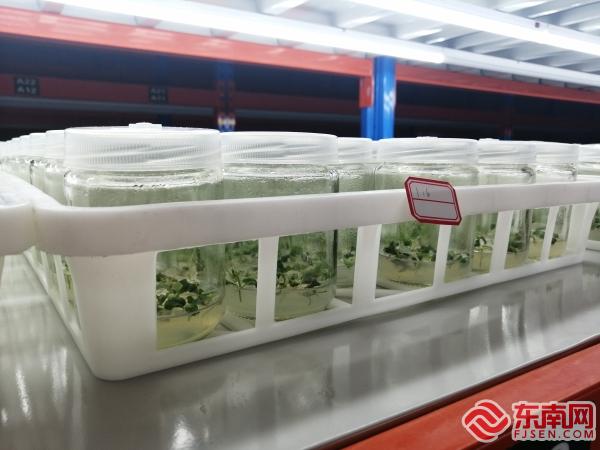In a groundbreaking effort to merge renewable energy with agricultural production, Italy is creating its first agrivoltaic park focused on tomato cultivation. Casalasco S.p.A., a major player in the industrial tomato supply chain, is spearheading the project in collaboration with the Agricultural Faculty of Università Cattolica del Sacro Cuore in Piacenza. This pioneering initiative represents a significant step forward in sustainable farming, offering a model that could reshape how energy and agriculture intersect.
Innovative Integration of Solar Power and Agriculture
The agrivoltaic park will cover approximately 2 hectares near Casalasco’s factory in Fontanellato. The project, which involves a €2 million investment as part of a broader €24.5 million environmental sustainability plan, integrates photovoltaic panels installed on metal structures 5 meters above the ground. These panels will enable continued farming activities beneath them, utilizing advanced software to optimize sunlight exposure for both energy generation and crop growth.
This technological integration will ensure that the solar panels absorb maximum solar energy while regulating the amount of light reaching the tomato crops below. The software will continuously collect and analyze data to adjust the panels dynamically, balancing energy production and agricultural needs.
Energy Production and Environmental Benefits
Once completed, the agrivoltaic park is expected to produce around 1,600 MWh of energy annually, covering more than 90% of the energy requirements of Casalasco’s Fontanellato facility. This will be complemented by an existing cogeneration unit installed in 2023 at the same site. The project is projected to reduce CO2 emissions by 680 tons annually, contributing significantly to the group’s goal of energy self-sufficiency and environmental responsibility.
The renewable energy produced will not only power Casalasco’s operations but will also be used to support its new Innovation Center, currently under construction in Fontanellato. This holistic approach to sustainability highlights Casalasco’s commitment to reducing its carbon footprint while maintaining high agricultural productivity.
Impact on Tomato Cultivation
The integration of agrivoltaic systems into tomato farming presents an exciting opportunity to explore new cultivation techniques. The shade provided by the solar panels can help mitigate the effects of extreme weather conditions, such as excessive heat or drought, which often stress crops. By experimenting with different tomato varieties and optimizing the balance between light and shade, researchers hope to improve both the quality and yield of the crops.
This initiative also aligns with the broader goal of creating a replicable model for other farms within the Casalasco group. The success of this experiment could lead to wider adoption of agrivoltaic systems, not only for tomatoes but also for other crops, enhancing overall farm sustainability and resilience to climate change.
The creation of Italy’s first agrivoltaic park dedicated to tomato cultivation marks a significant shift toward more sustainable agricultural practices. By blending solar energy production with farming, Casalasco is setting a new standard for environmentally conscious agriculture. The project’s success could pave the way for broader implementation of agrivoltaic systems across the agricultural sector, potentially transforming how farms operate in a world increasingly affected by climate change.












